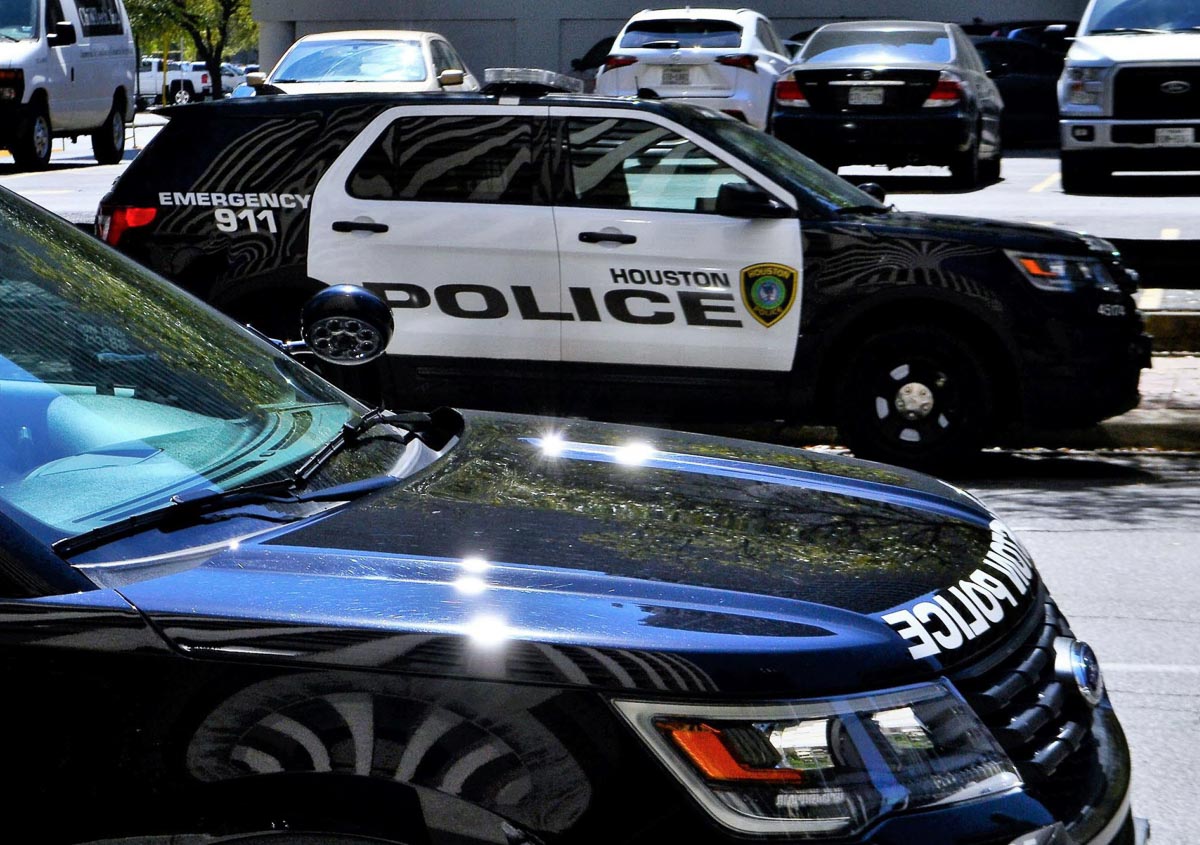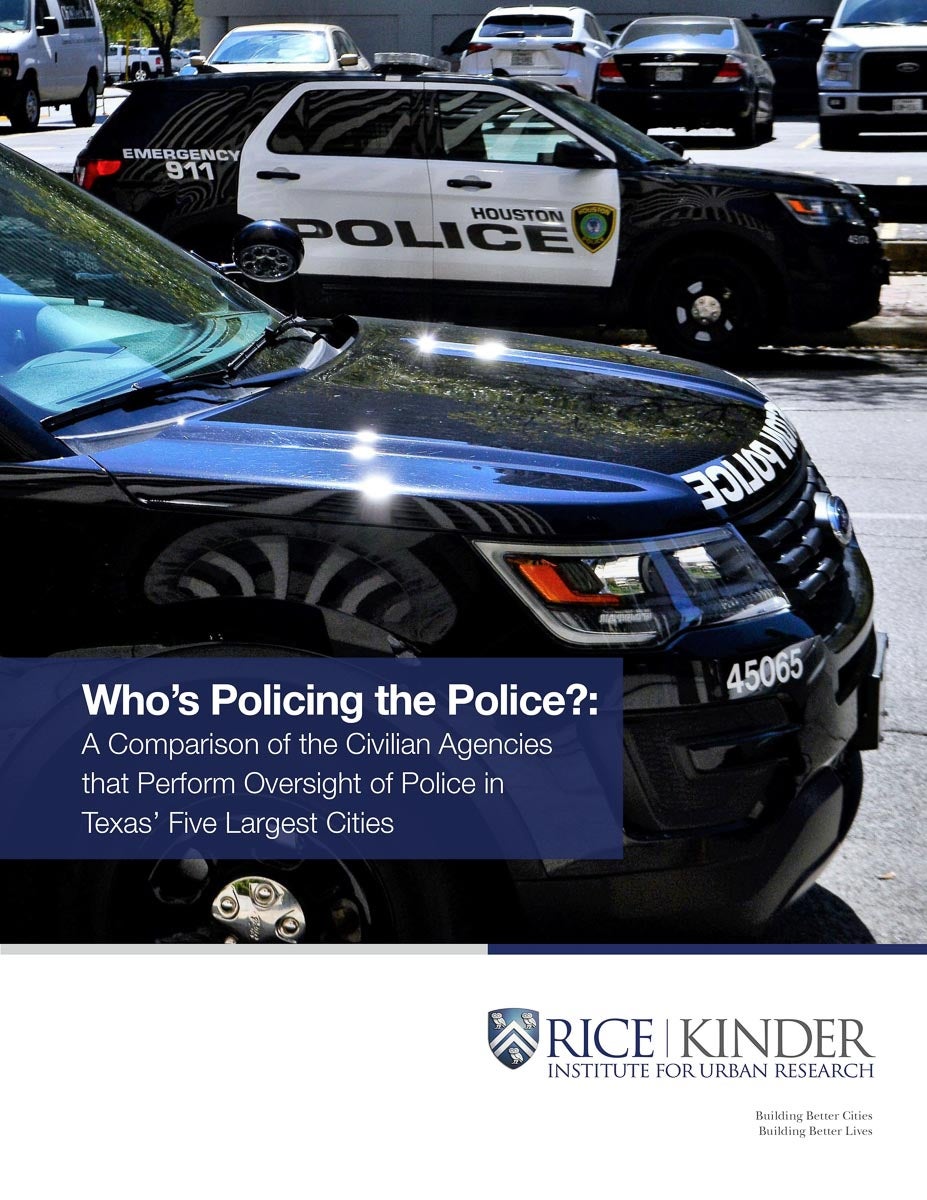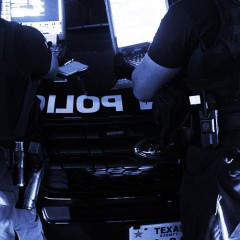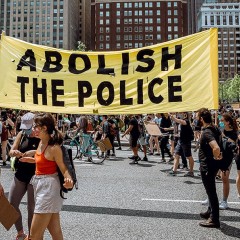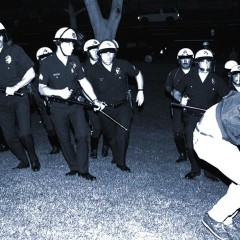This report analyzes the civilian agencies that perform oversight of police in Texas’ five largest cities: Houston, Dallas, San Antonio, Austin and Fort Worth.
The Kinder Institute used the National Association for Citizen Oversight of Law Enforcement’s (NACOLE) best practices as a framework. Each city’s oversight board was analyzed to see how well they aligned (or diverged) from best practices, and a narrative was developed using the following categories:
- Degree of independence from police
- To whom do they report?
- Data access
- Police staff access
- Public outreach practices
- Staffing
- Budget
- Transparency and reporting practices
- Legal powers and status
- Policy analysis and recommendations
The analysis finds that Dallas, Austin and Fort Worth are much closer to meeting national standards for citizen oversight, as their police “monitors” have not only independence from the police department, but also full-time, professional staff members. Staff don’t just review use-of-force cases, but also conduct their own investigations. In comparison, San Antonio and Houston civilian oversight agencies suffer from a lack of data access, a lack of independence, uncertain legal status and a complete lack of transparency and public reporting.
While we hope that this guide helps policymakers across Texas, we must emphasize that each city has local policing concerns. Police departments in Texas — and indeed across the United States — are extremely local institutions. The five police departments in this report all have different issues; they also have different issues compared to those in Texas’s rural cities, college towns or border metropolises. Their civilian oversight agencies should, accordingly, have some different functions.

